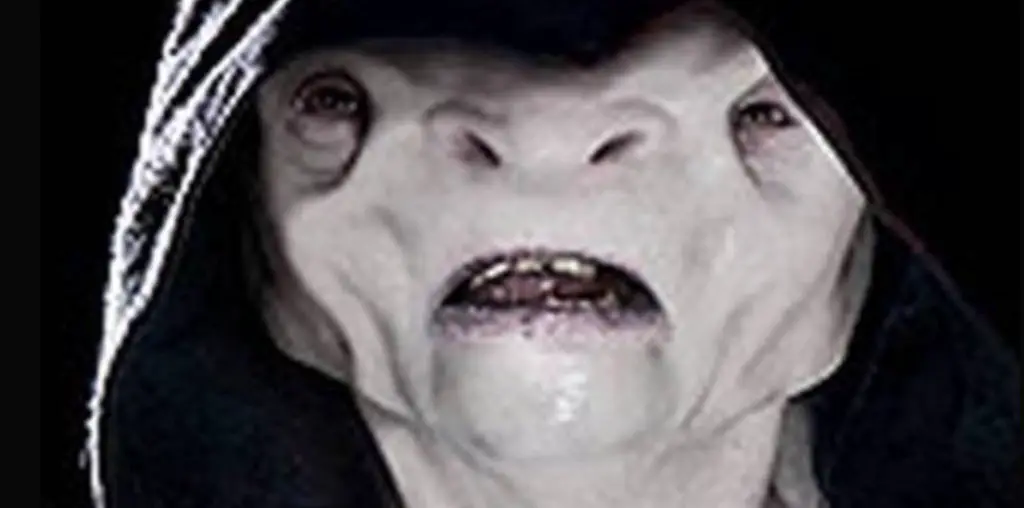
I’m a little tired of filmmakers making the CIA the bad guy in movies. This is the same agency that dropped the ball on the fall of the Soviet Union and the September 11 attacks and yet, if people like “The Last Kennedy’s” director Richard Culver are to be believed, it’s still capable of masterminding an intricate plot to eliminate an African-American presidential candidate without anyone getting wise. This seems unlikely.
“The Last Kennedy” desperately wants to be a political thriller on a level commensurate with “The Manchurian Candidate.” Unfortunately, beyond the basic plot of an ordinary man brainwashed to perform a political assassination, there isn’t much comparison. Writer/director Culver seems to think that by inserting a vague message of hope and unity he can achieve something that transcends your average thriller, but any grand themes are buried in the derivative plot.
As the movie begins, we see news coverage of the assassination of presidential candidate Reverend Franklin Kennedy (Lynn Merrill) on the day before the election by one Walter Fitzgerald (Culver). Walter then apparently returned home, killed his wife Linda (co-writer Darla Rothman), and turned the gun on himself. Shortly after the funeral, Linda’s spirit appears to the Reverend’s daughter, Estelle (Teddi Haynes) with the intention of telling her the truth so she can write the real story of what happened. Estelle, rather than freaking out upon being visited by the dead, agrees.
The next 75 minutes of the film or so are essentially a flashback. Walter Fitzgerald and his wife Linda live an idyllic existence, except for the fact they’re entire home is under surveillance by a shadowy operative named Bob (Roger Bezanis). Walter goes to his job of 18 years as usual, is inexplicably laid off, and doesn’t come home. Linda is understandably worried, and her fears are not allayed when Bob, posing as Walter’s friend from work, informs her Walter has been cheating on her. Walter himself shows up ten days later on a park bench, outfitted in camouflage and muttering nonsensically to himself. Linda takes him home, but this good deed backfires when Walter decides to have a naked fit in the backyard.
Rather than seek competent psychiatric help, Linda puts up with Walter’s increasingly erratic behavior. As the film continues, it becomes apparent that Walter’s disappearance was engineered by the CIA so they could program him to kill Reverend Kennedy. Meanwhile, Estelle is finding out from her parents that she is not the Reverend’s daughter but that of one of her mother’s old boyfriends. The identity of her real father is another one of those amazing coincidences only found in movies desperately searching for relevance. Things eventually reach a climax as Linda tries to put the pieces together before Walter can complete his mission.
Okay, well, we know she doesn’t succeed. I mean, they tell you in the first five minutes that Kennedy gets killed. Sure, the ‘who’ and ‘why’ end up a little askew before all is said and done, but it isn’t like there’s a lot of suspense here. I kept waiting for some shocking twist, but everything played disappointingly by the numbers.
Culver’s direction in “The Last Kennedy” stands out from the story, however. Filmed with handheld digital video cameras, he gets some good and imaginative shots. Acting-wise, Darla Rothman was a bright spot, doing an effective job portraying Linda’s growing fear and frustration. It might’ve been nice if the script didn’t call for her to cry in every other scene. Come to think of it, there was a lot of crying in this movie. The characters were also prone to using many pregnant…pauses…during…dialogue, and there could’ve been fewer scenes of Walter acting like Rain Man on Oxycontin. A fairly rote thriller, “The Last Kennedy” aims high but ends up well short of the mark.
